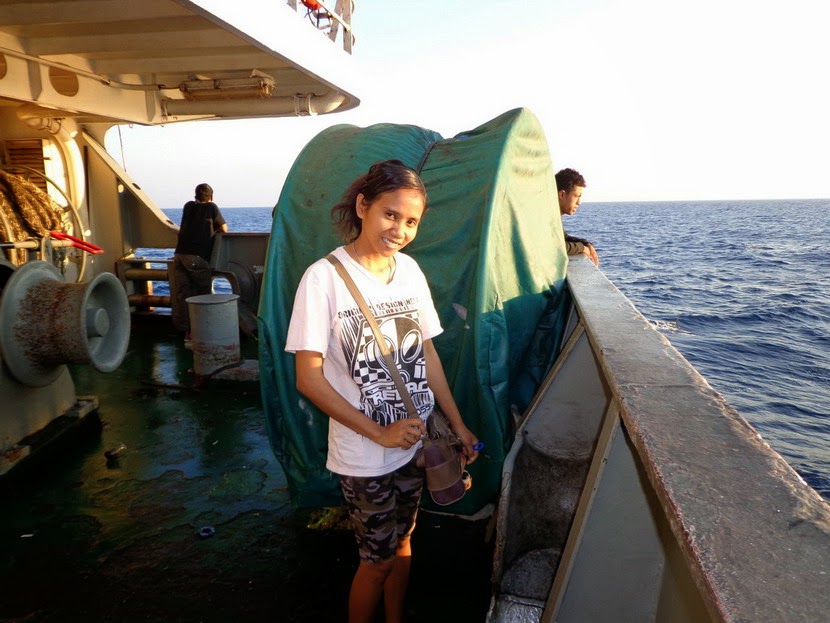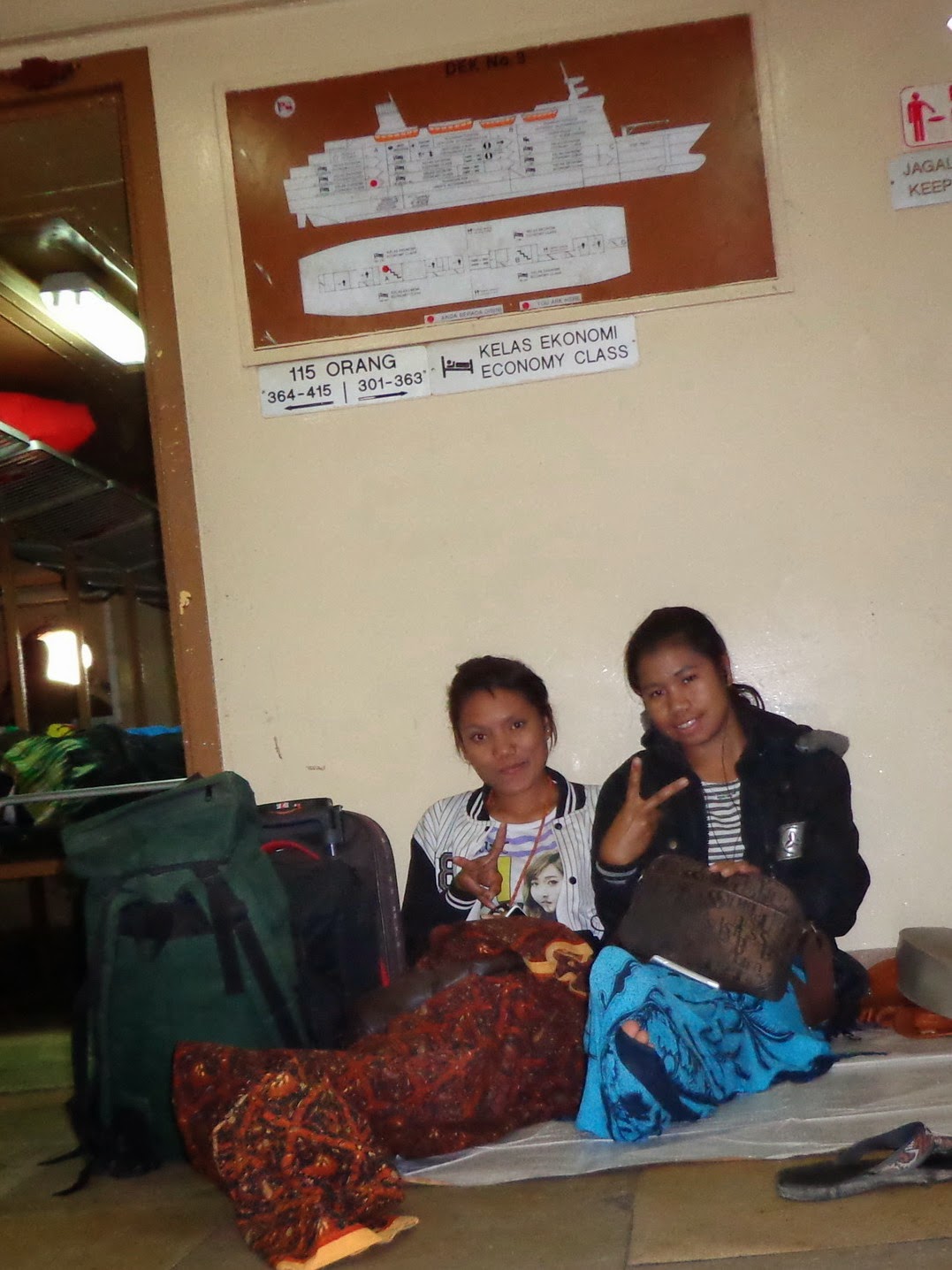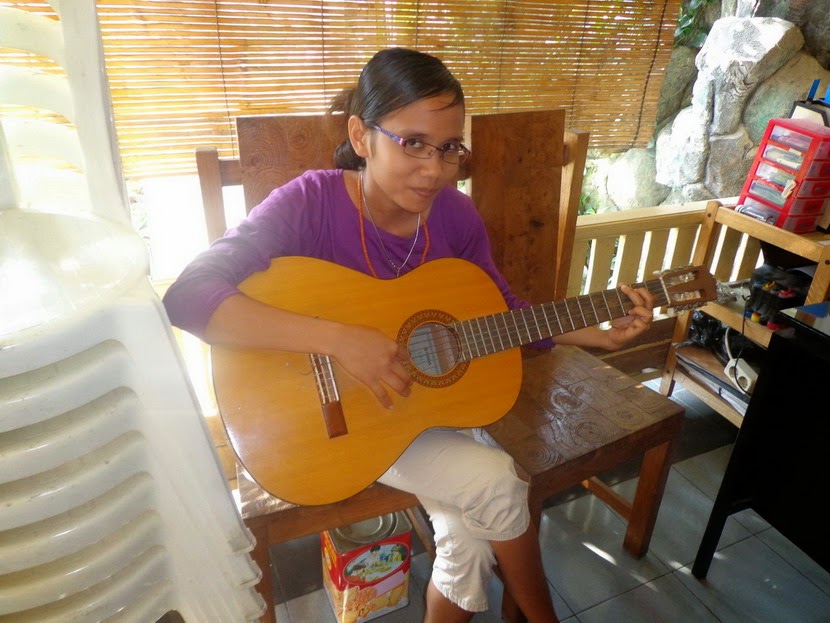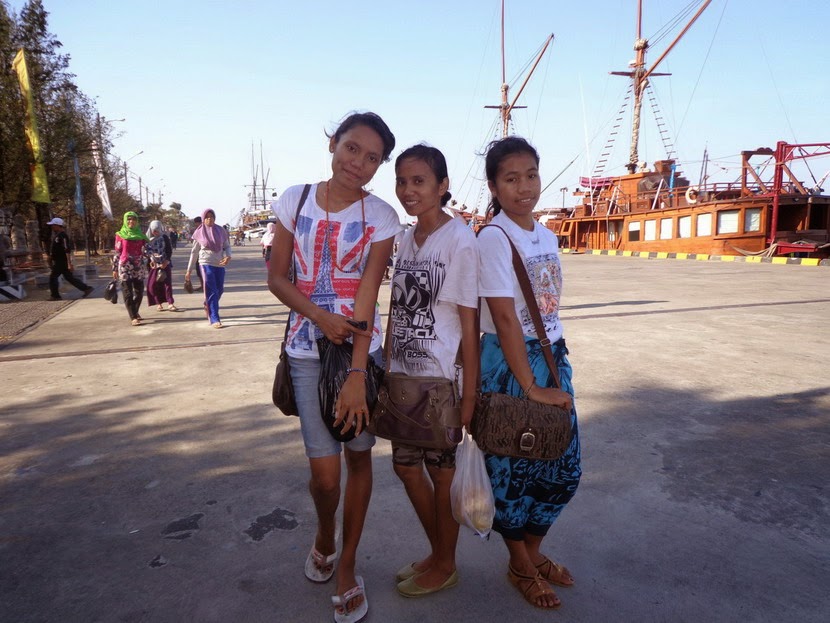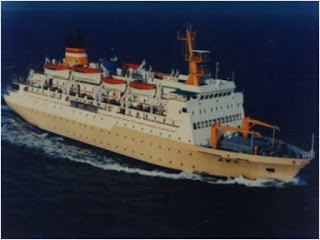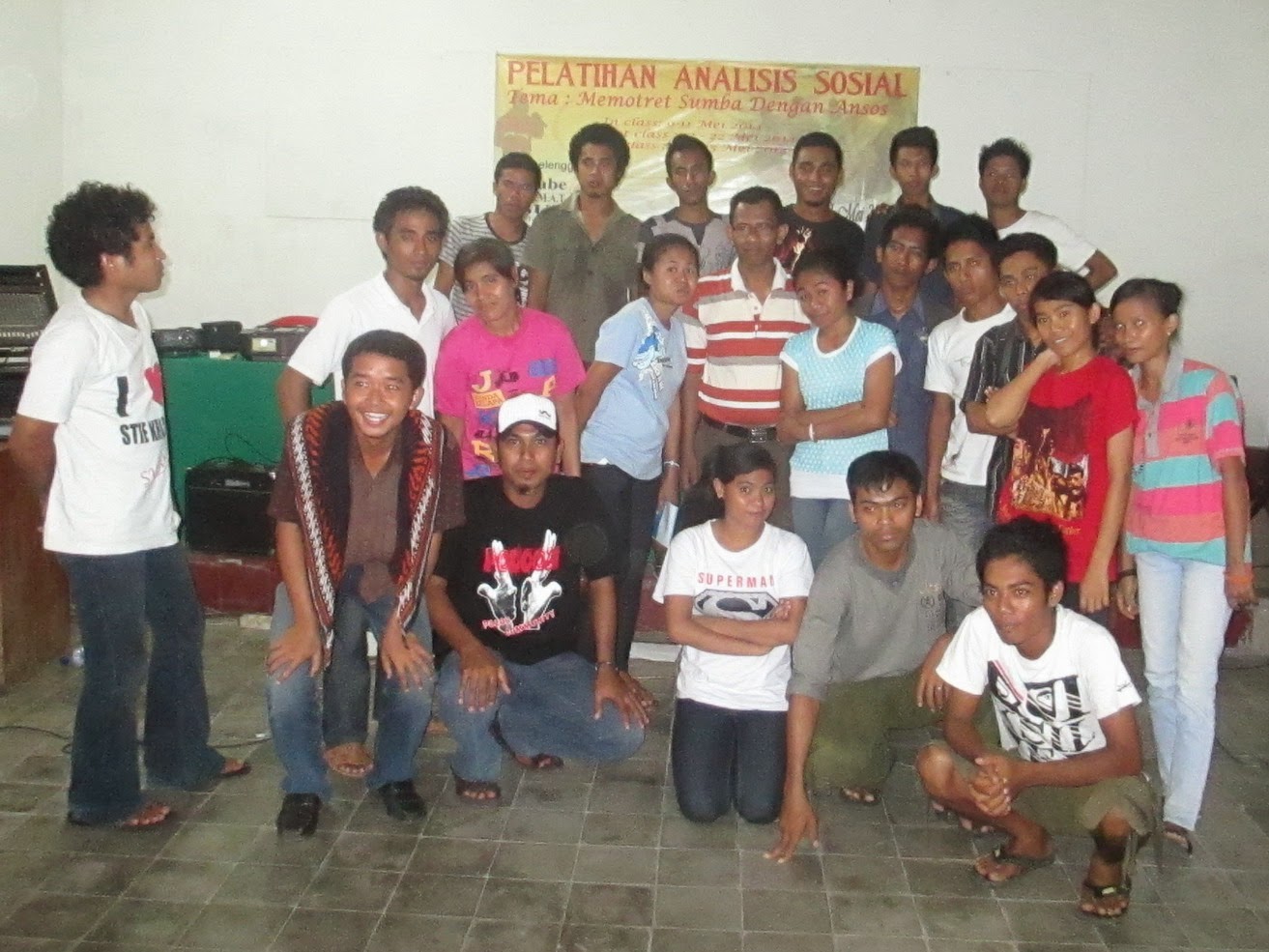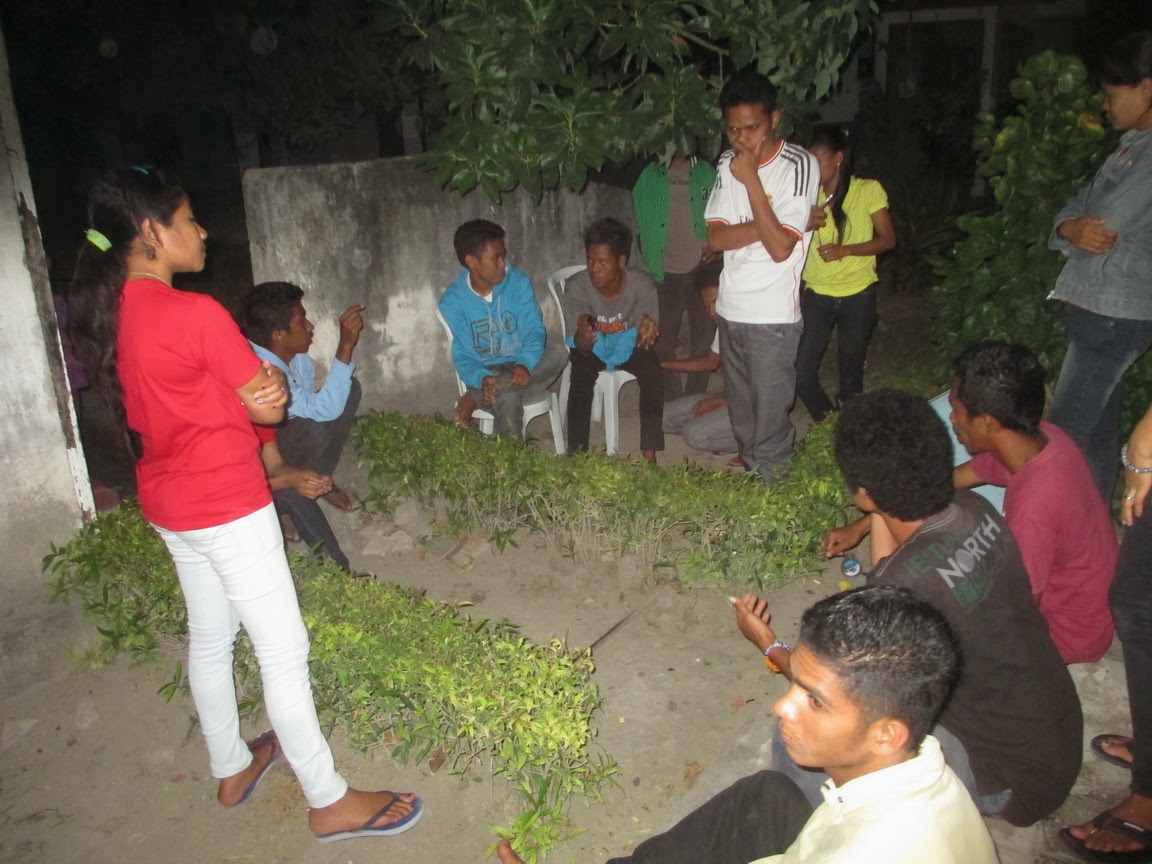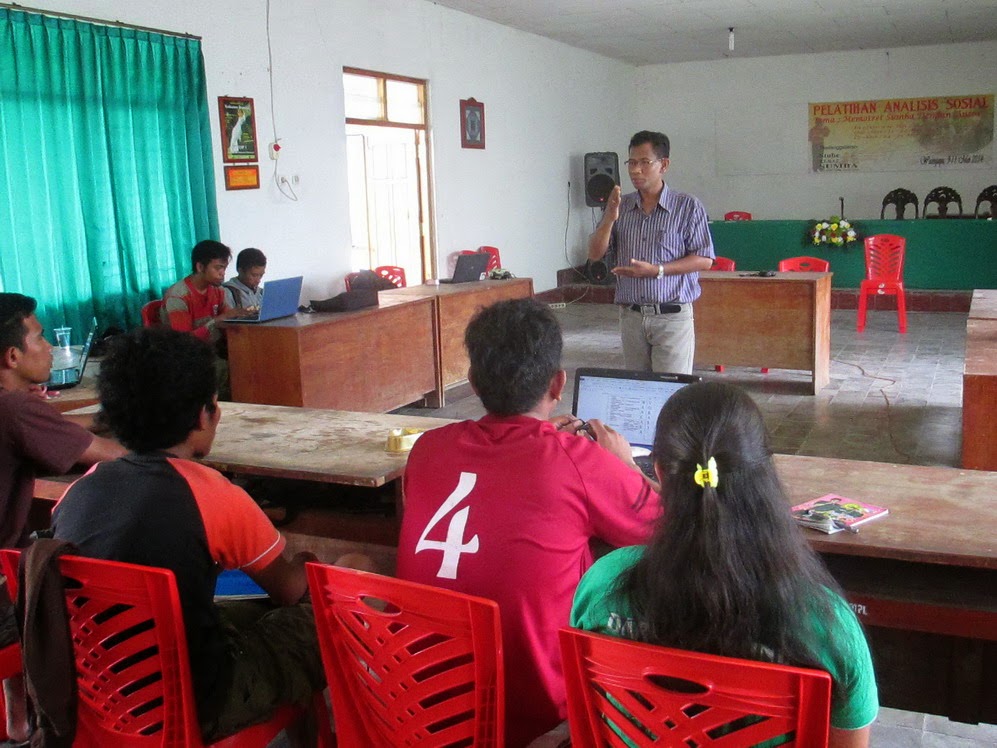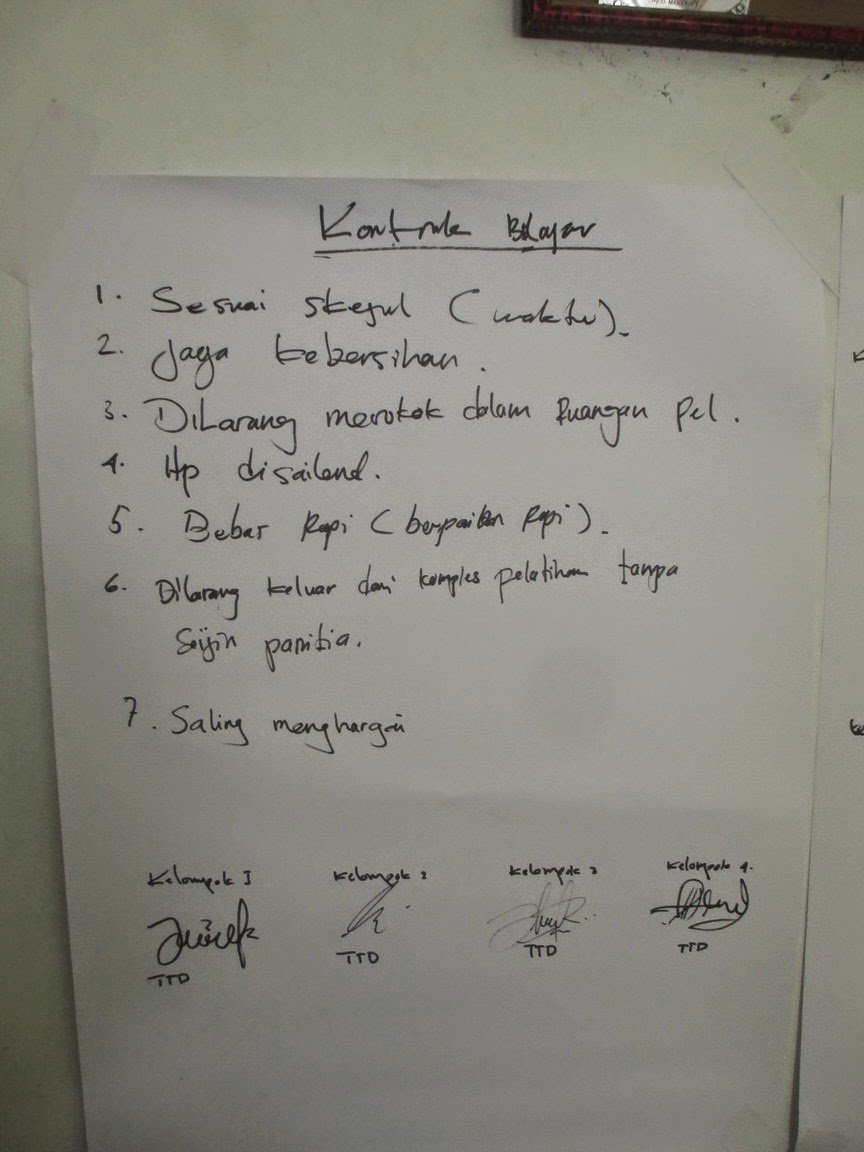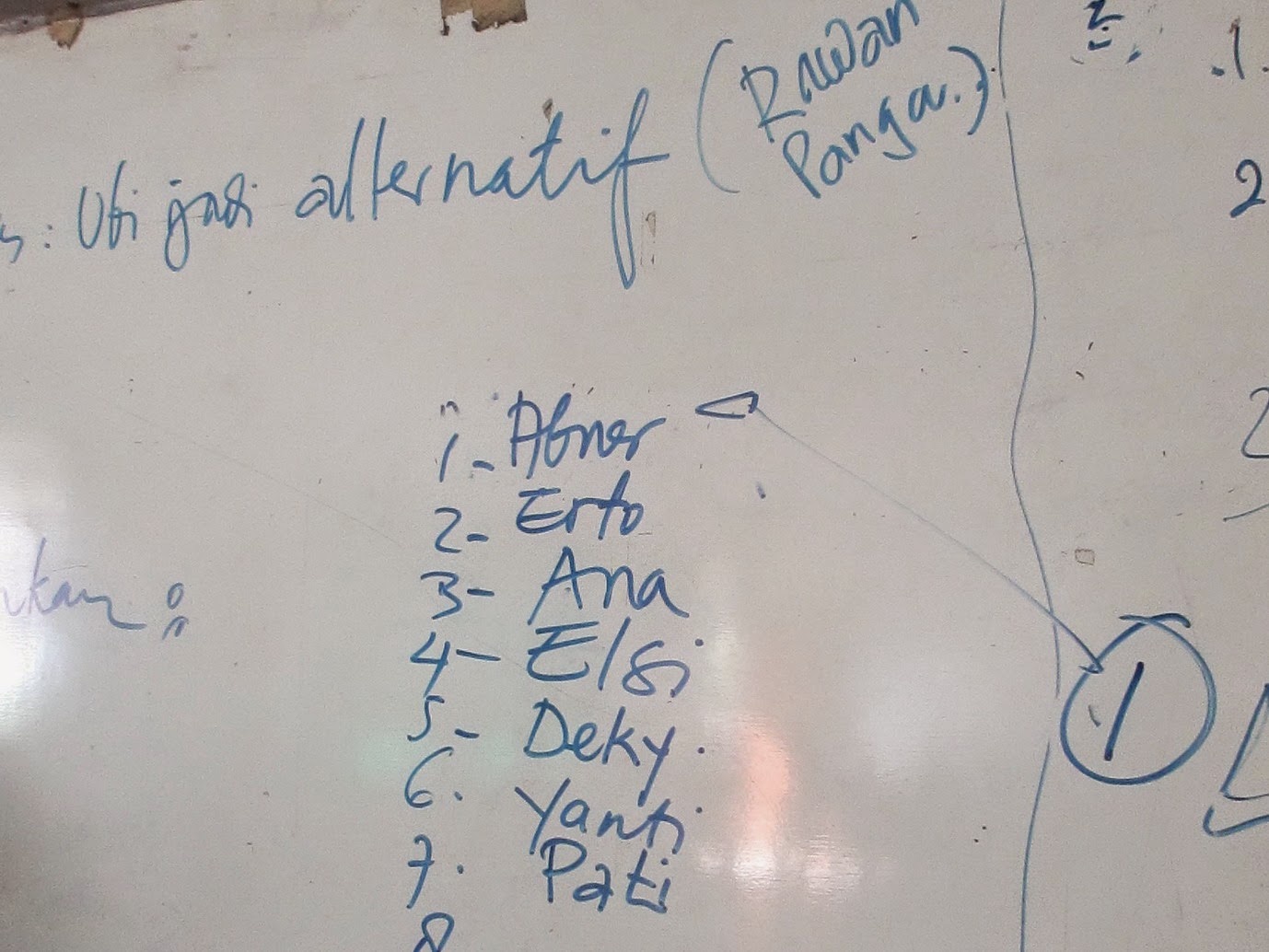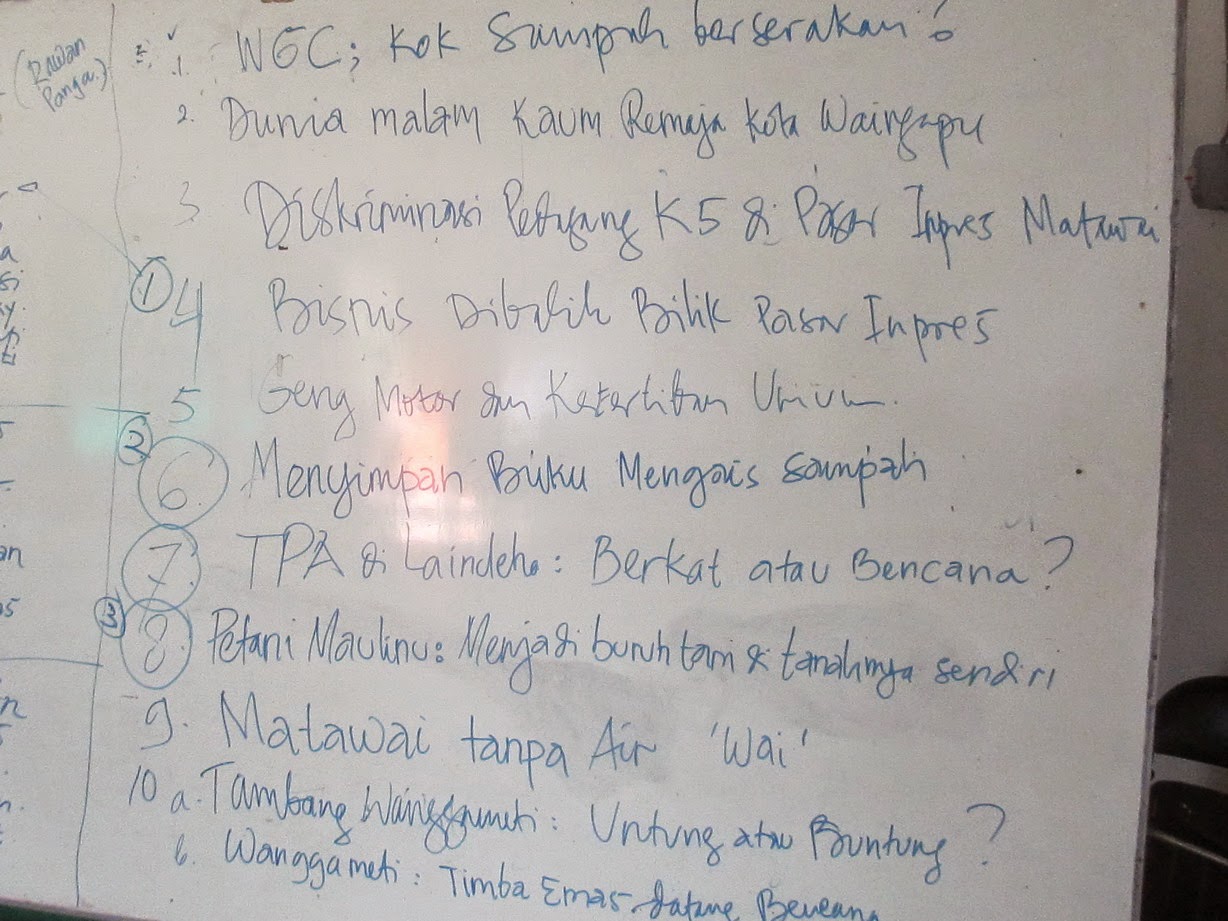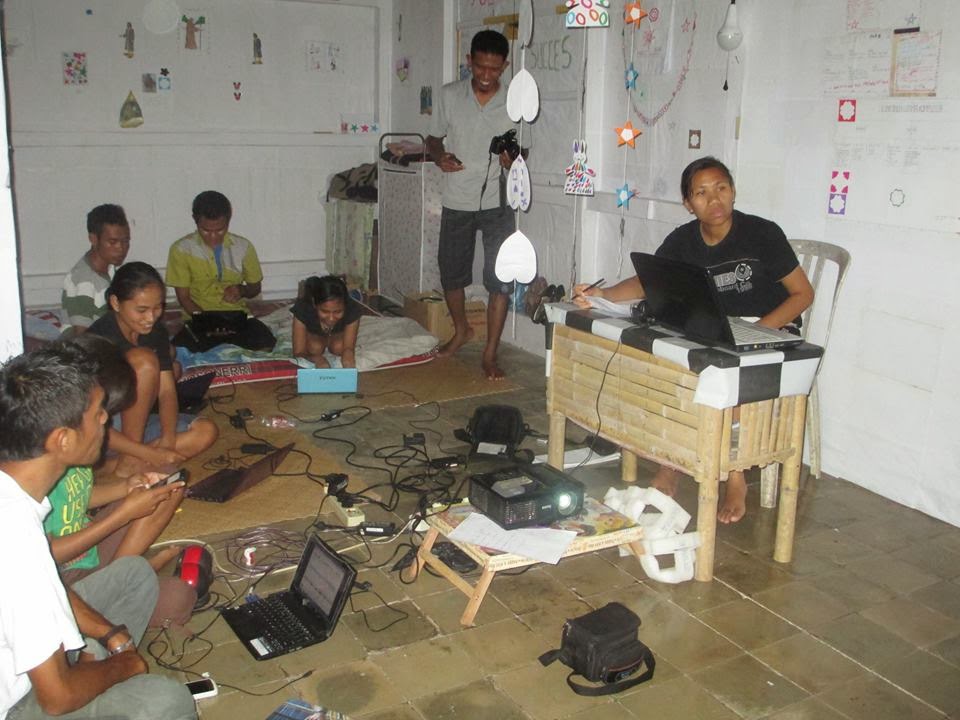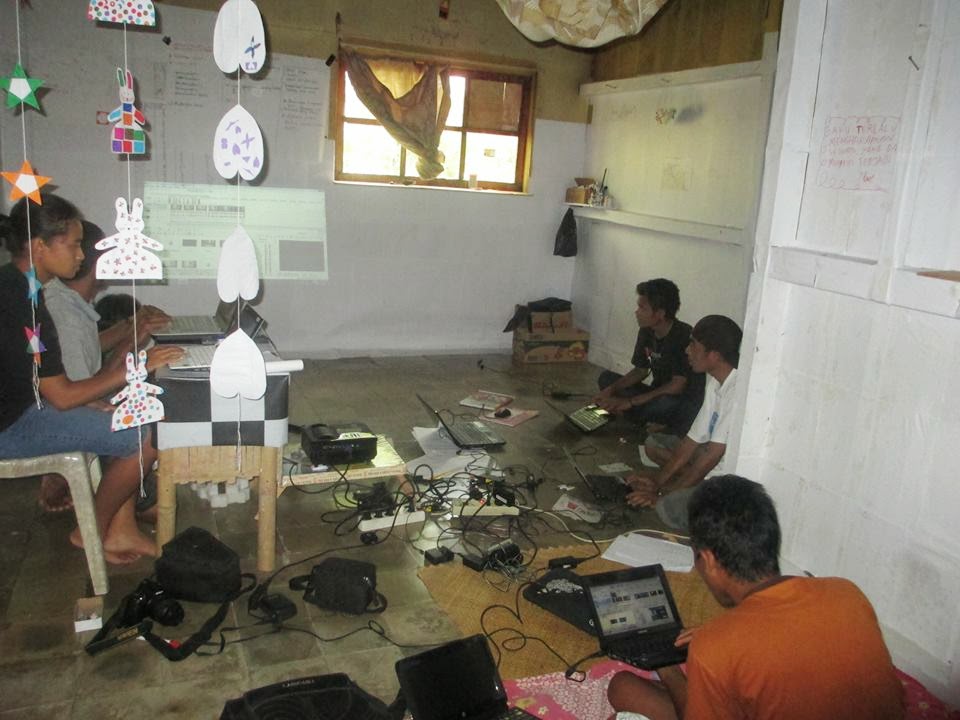
A Sea Shell Flower
Creative Youth Works
Worthless thing can be made beautiful and very valuable. It is what a creative one thingking, full of ideas while others have nothing. Good action sometimes comes from crazy idea and even finally gets thumbs up from others. Some modern people thinks about it to earn some money for their daily needs while some other ones do it to get satisfaction or something to be proud of.
Piles of worthless sea shells scatered on the beach, trampled by tourists when they enjoy the scenery and fishermen who pulled their boat. However, in hands of creative people, they will turn into much more beautiful precious things. How do they make the scatered sea-shells on the beach preciously to be put in a better place?
Anton, one of Stube-HEMAT Sumba activists proved his creativity by doing something with the sea shells. He invited students of Stube-HEMAT Sumba to make it. This creative youngster group went to the beach and collected interseting unique sea shells. They brought them home, cleaned and dried until completely dry. When the materials are ready, we can use unique sea shells and by gluing and arrange them into a beautiful flower form. Stick one by one slowly and carefully to obtain best results. It takes creative thinking to choose sea shell that can be designed into a beautiful flower.
Anton himself had tried to make one model, a flower plant model that is similar to a Christmas tree. It has 130 centimetres high. Let’s celebrate Christmas with a sea shell Christmas tree!
Let’s make another models creatively. (Yoel).














